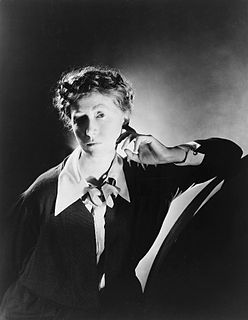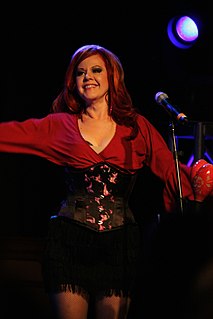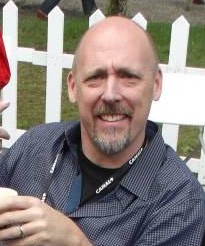A Quote by Iain Banks
Any such inklings were like a few scattered grains of truth dissolved in an ocean of nonsense, and were anyway generally inextricably bound up with patently paranoid ravings which served only to devalue the small amounts of sense and pertinence with which they were associated.
Related Quotes
Right after September 11, 2001, there weren't really any blogs in China, but there were a lot of Chinese chatrooms - and there were a lot of conversations in which Chinese netizens were saying things like, 'served them right.' That was definitely not the official Chinese government policy - which condemned the terrorists.
These boys, now, were living as we'd been living then, they were growing up with a rush and their heads bumped abruptly against the low ceiling of their actual possibilities. They were filled with rage. All they really knew were two darknesses, the darkness of their lives, which were now closing in on them, and the darkness of the movies, which had blinded them to that other darkness, and in which they now, vindictively, dreamed, at once more together than they were at any other time, and more alone.
People knew there were two ways of coming at truth. One was science, or what the Greeks called Logos, reason, logic. And that was essential that the discourse of science or logic related directed to the external world. The other was mythos, what the Greeks called myth, which didn't mean a fantasy story, but it was a narrative associated with ritual and ethical practice but it helped us to address problems for which there were no easy answers, like mortality, cruelty, the sorrow that overtakes us all that's part of the human condition. And these two were not in opposition, we needed both.
This planet has - or rather had - a problem, which was this: most of the people living on it were unhappy for pretty much of the time. Many solutions were suggested for this problem, but most of these were largely concerned with the movement of small green pieces of paper, which was odd because on the whole it wasn't the small green pieces of paper that were unhappy.
Toward the end of the campaign, we interviewed some voters in Raleigh, N.C., which is a generally Democratic city, and I'm thinking of a young couple. They had two kids. They described themselves as Christian. They oppose gay marriage. And they were saying that even though they didn't like Donald Trump, they were thinking of voting for him. And one of the reasons was they felt that they were - their very views were making them socially unacceptable. They were feeling a little alienated from the world.
The leaves streamed down, trembling in the sun. They were not green, only a few, scattered through the torrent, stood out in single drops of green so bright and pure that it hurt the eyes; the rest were not a color, but a light, the substance of fire on metal, living sparks without edges. And it looked as if the forest were a spread of light boiling slowly to produce this color, the green rising in small bubbles, the condensed essence of spring. The trees met, blending over the road and the spots of sun on the ground moved with the shifting of the branches, like a conscious caress.
I don't know if any of you feel this way, but it's like eventually, you see a woman come on screen and you go, "Oh, thank God!" You just sort of need a break from all this testosterone, which happened, I think, in one of my films, The Hurt Locker. I was in it for like five minutes, and people were like, "You were in that movie!" And I was like, "Well, kind of." And they were like, "No, you were!" 'Cause they needed a woman!
Our friendship was like our writing in some ways. It was the only thing that was interesting about our otherwise dull lives. We were better off when we were together. Together we were a small society of ambition and high ideals. We were tender and patient and kind. We were not like the world at all.





































